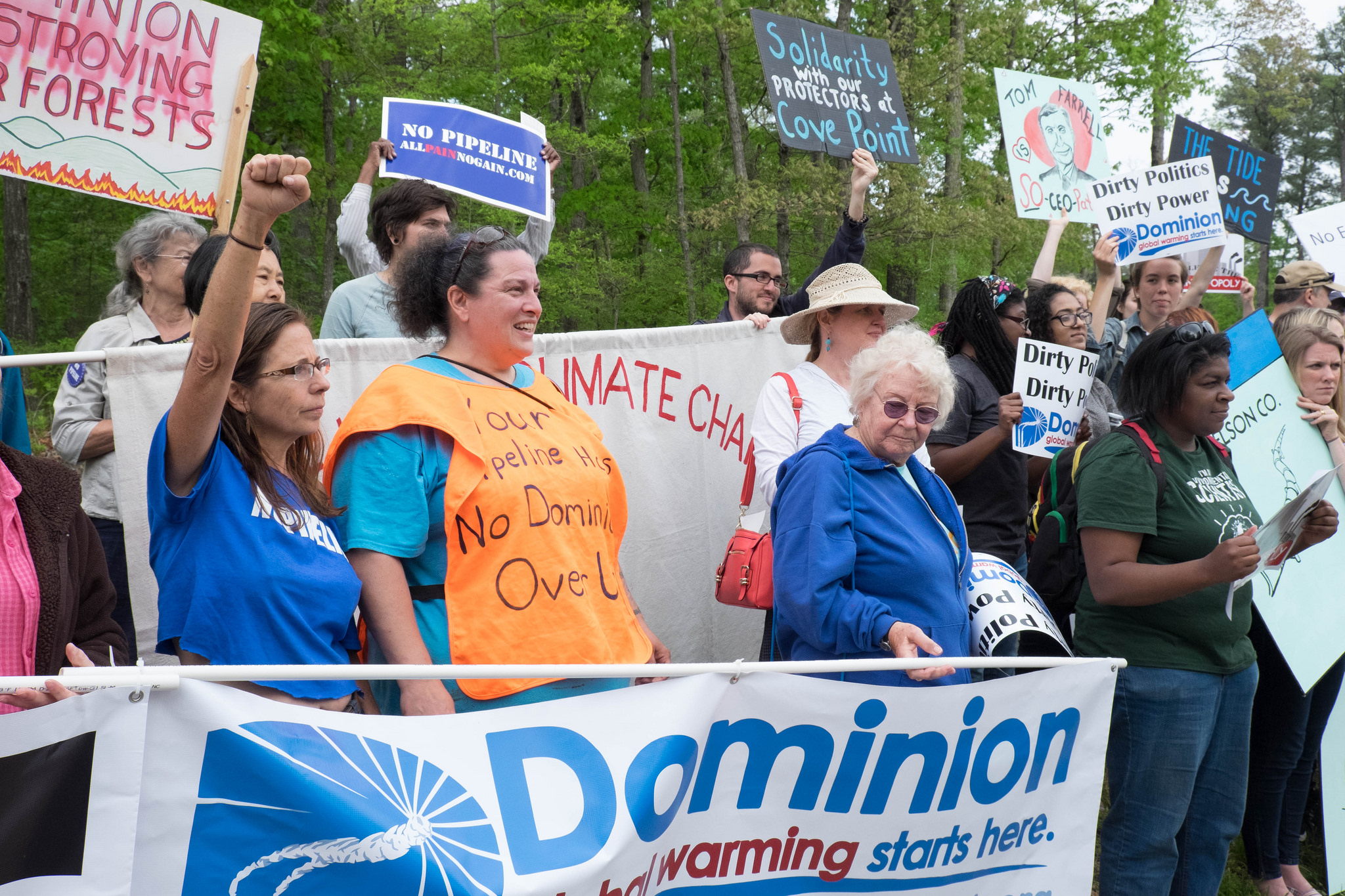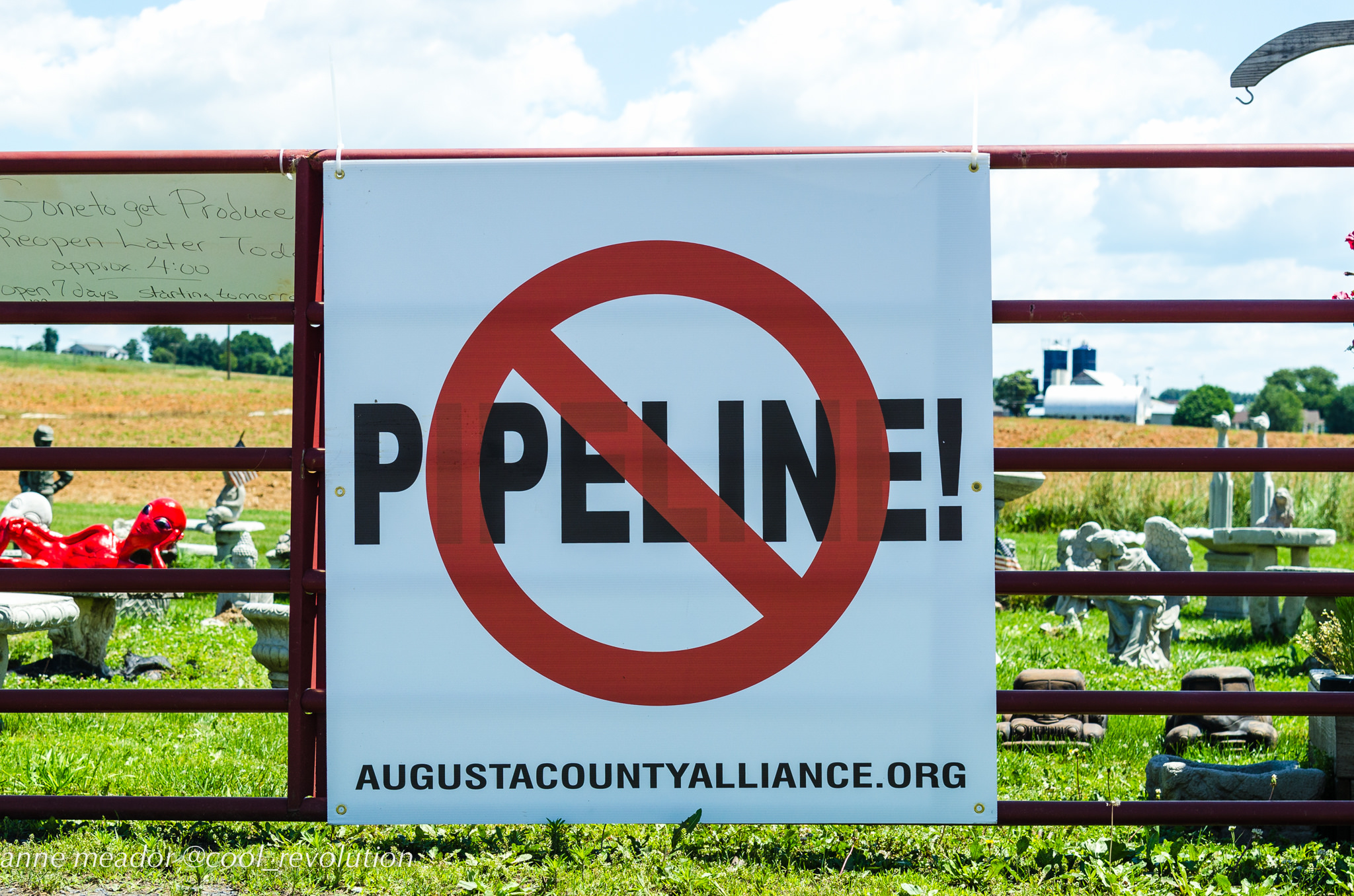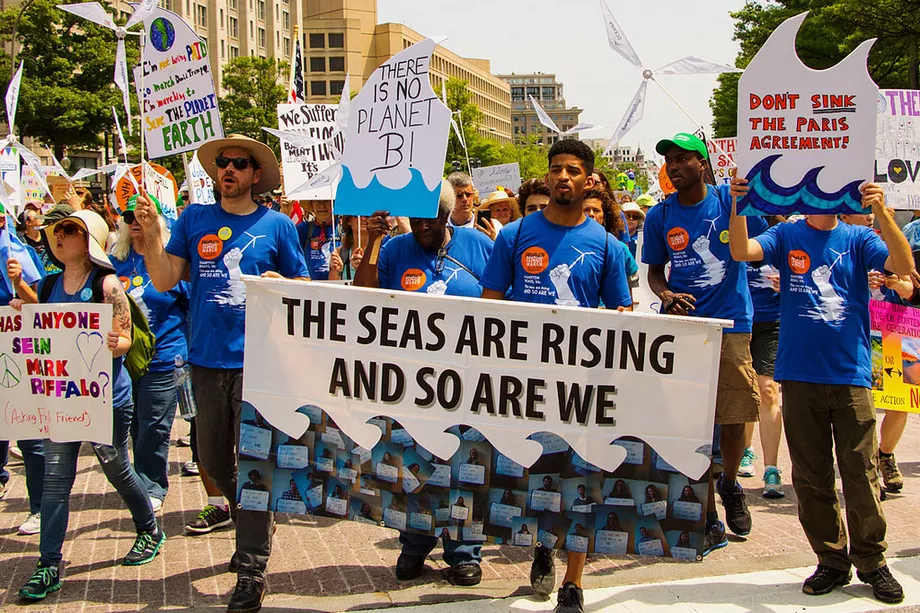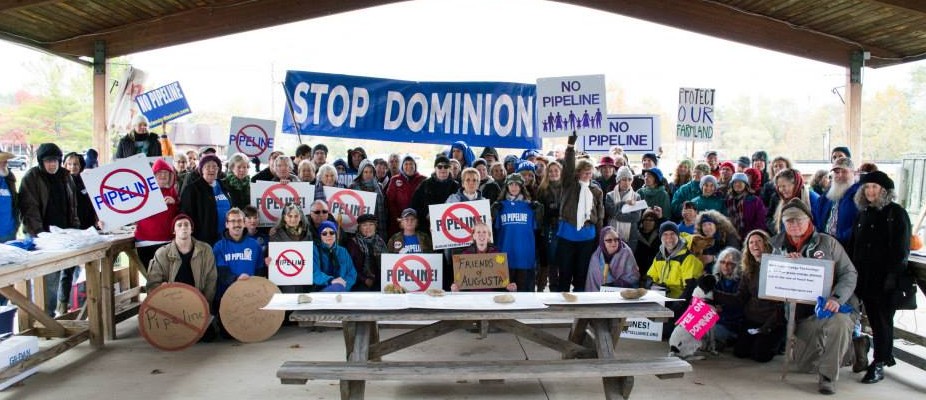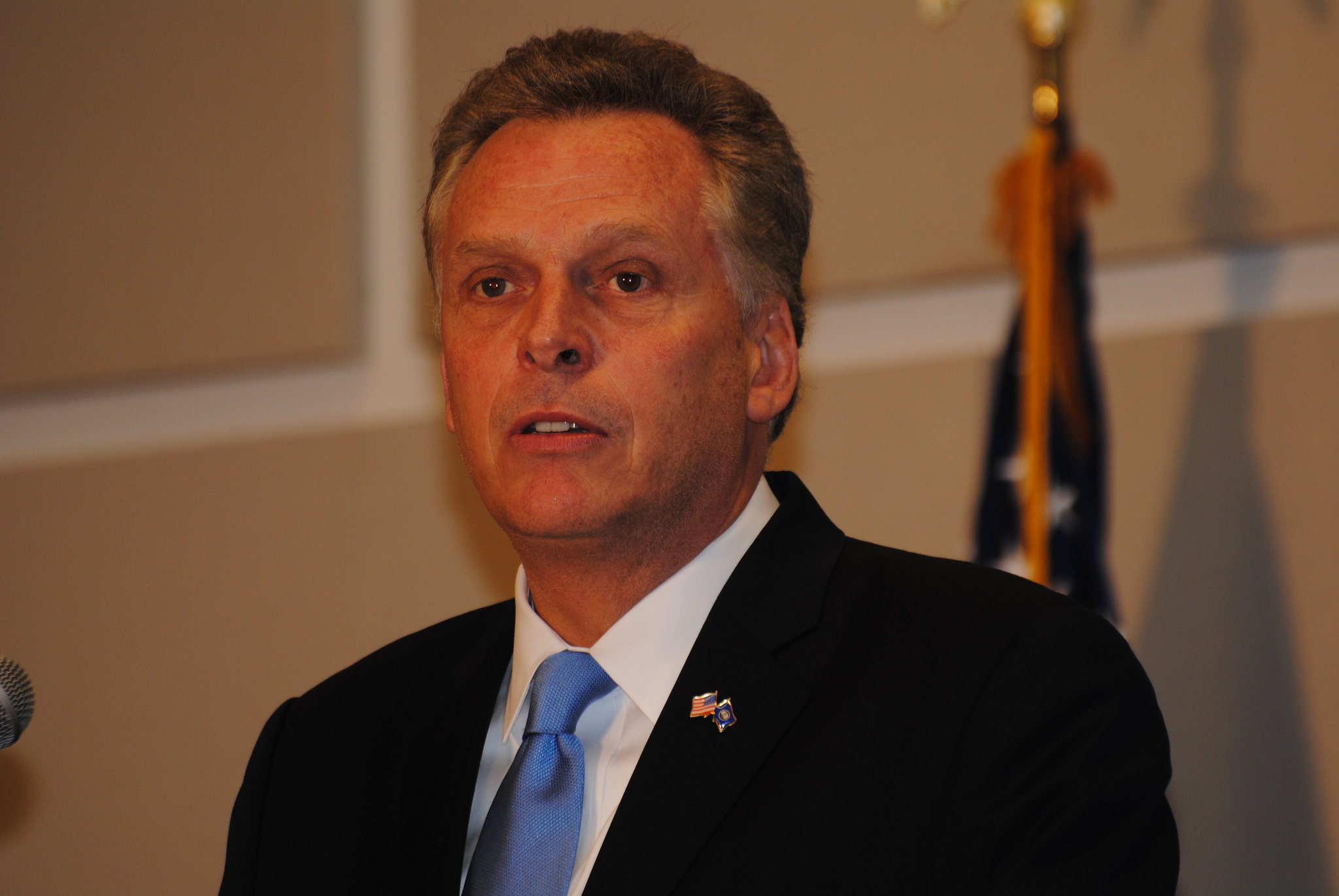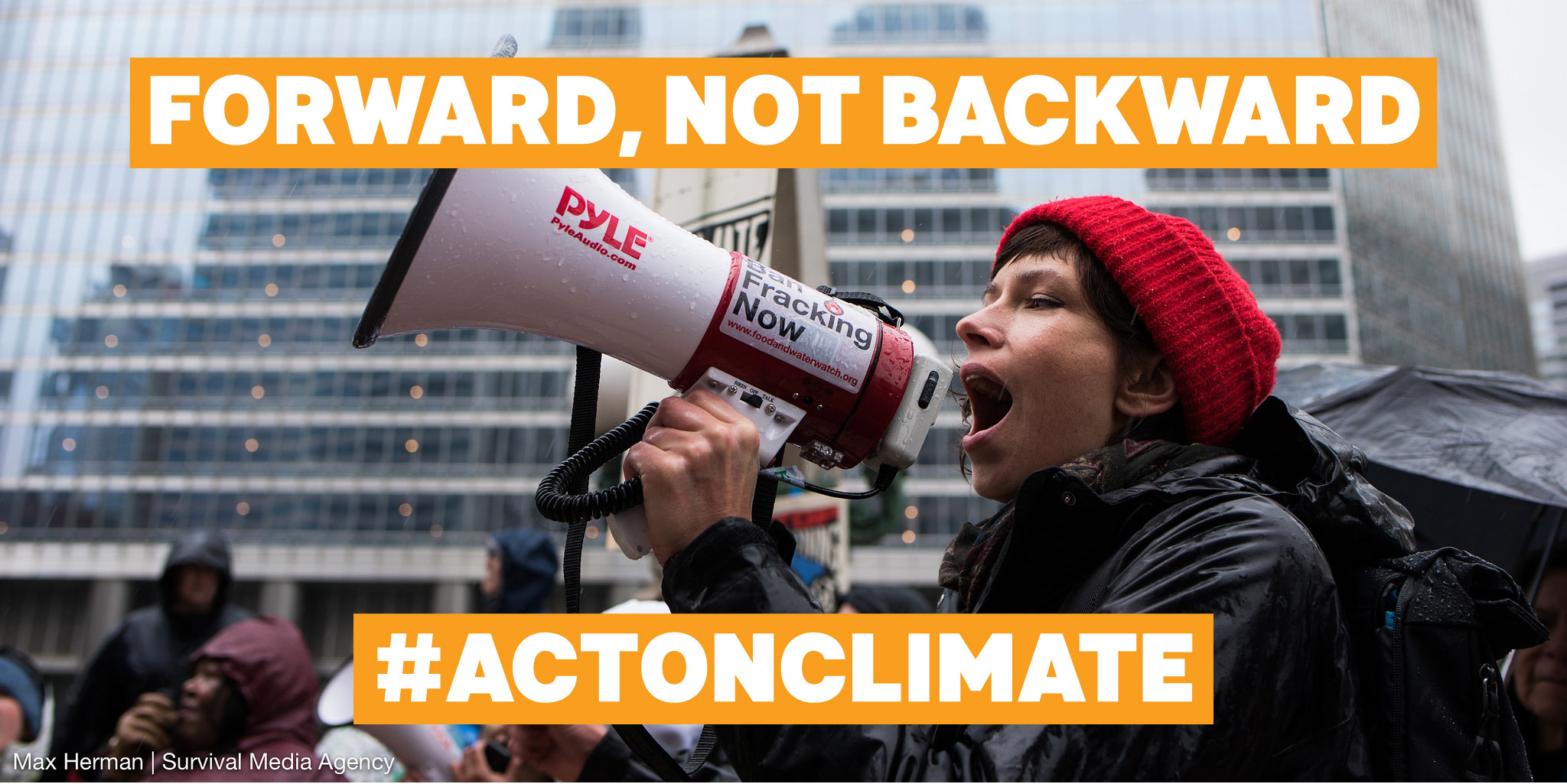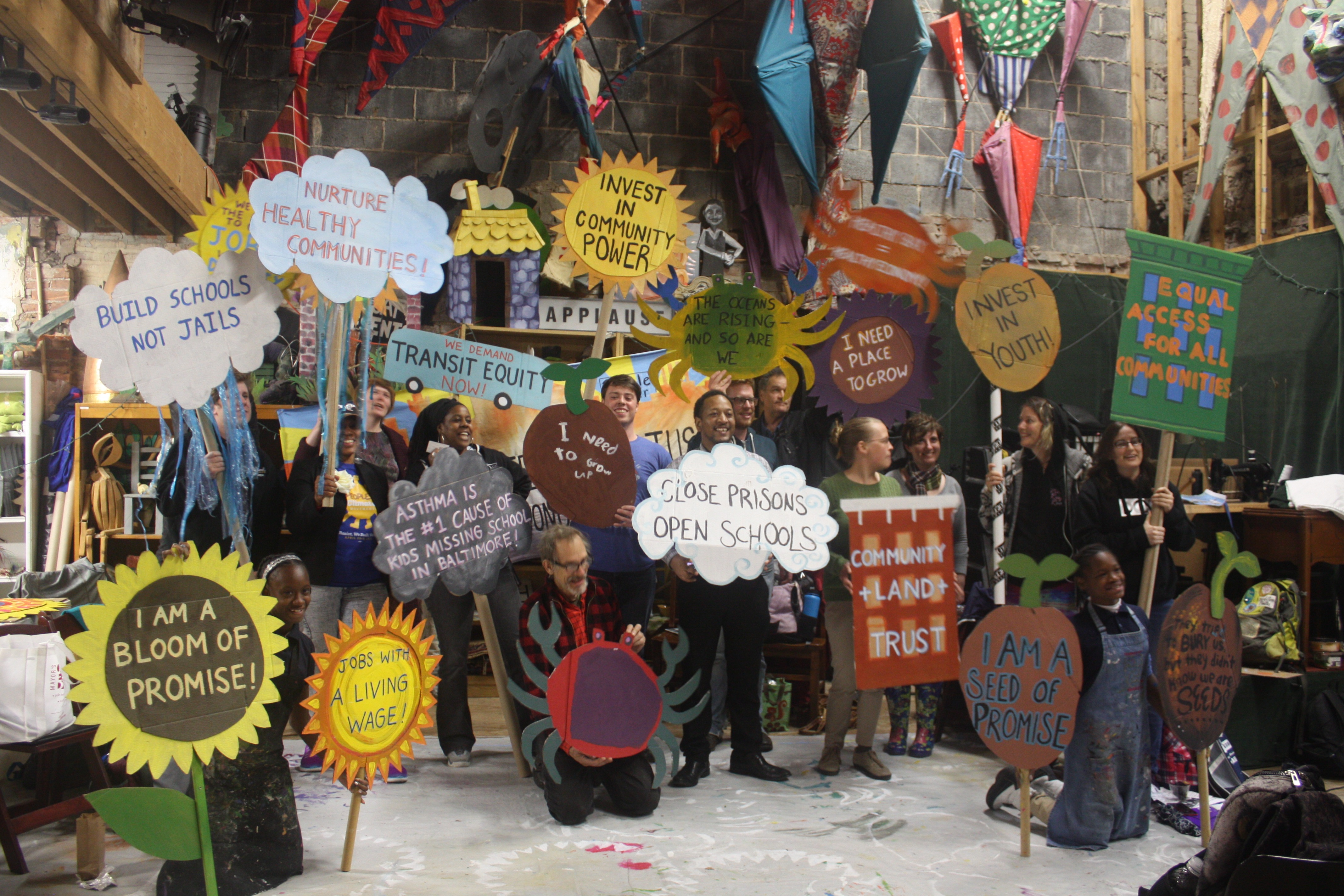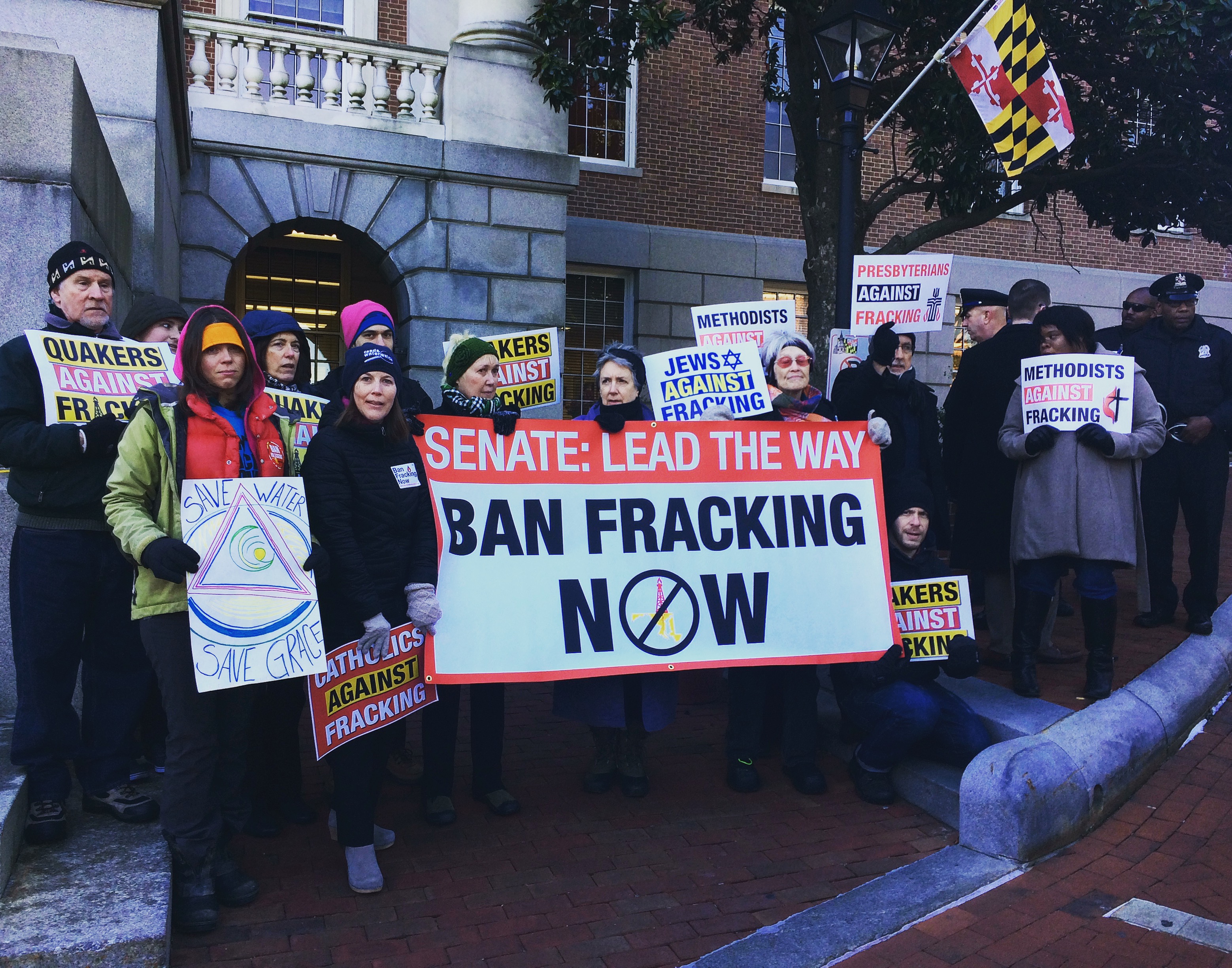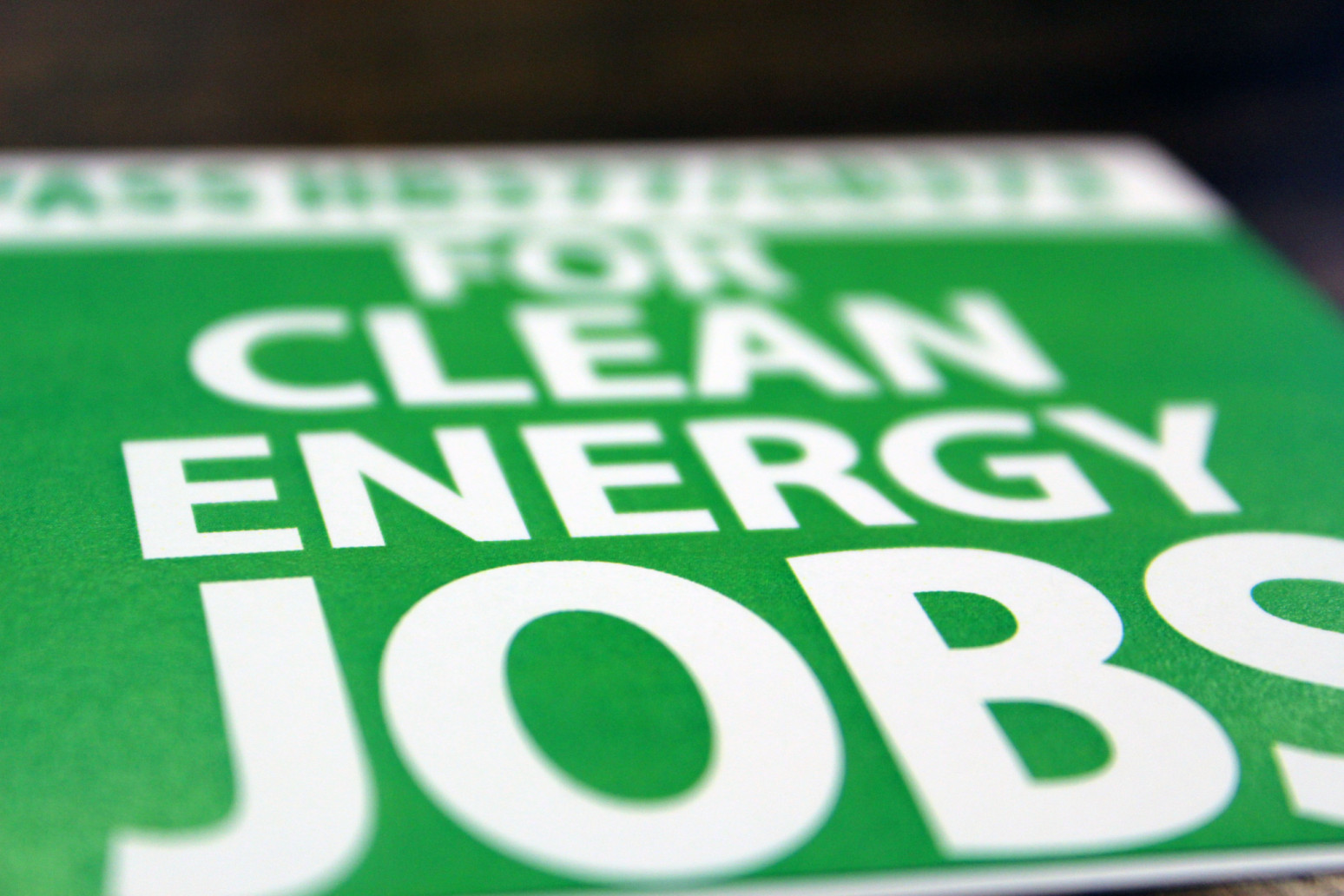Turning the Tide on Dominion’s Power
We at CCAN are bleary-eyed today, reaching for extra coffee to get through the afternoon. But it was worth it last night. Like many of you, we stayed up late watching the final vote counts roll in from the Virginia races.
It’s big news, of course, that the next governor, lieutenant governor, and attorney general will all be leaders who take climate change very seriously.
But here’s the real earthquake: Fourteen candidates who won last night had rejected all financial contributions from Virginia’s biggest polluter and climate obstacle Dominion Energy during their campaign. Among the 16 House seats that flipped, 12 were won by candidates who took a pledge to reject Dominion money, as well as District 11 incumbent delegate Sam Rasoul who held his seat. Plus, Lieutenant Governor-elect Justin Fairfax also rejected Dominion’s money, a first for that office.
So on balance, the election was not just a rejection of Donald Trump and his divisive agenda. It was a rejection of Dominion and its radically pro-fossil fuel agenda. That’s the biggest news from last night, by far.
Ralph Northam, of course, will be the next governor, and we’re excited to work with him. Northam is opposed to offshore drilling for oil and gas in Virginia. But more importantly, he supports using his regulatory authority as Governor to cap carbon dioxide emissions from all power plants in the Commonwealth. Northam will be able to implement such a carbon cap – first proposed by the current Governor Terry McAuliffe – in 2018. We will also never stop pushing for a rejection of the two monstrous fracked-gas pipelines proposed for Virginia that threaten our climate, water, and property rights. Northam will have the authority to reject these pipelines, and he has not made a decision yet.
The re-election of Attorney General Mark Herring is also good news. He’s good on climate issues and we’ll need him to work hard to defend Virginia’s proposed carbon cap against the inevitable lawsuits from polluting industries.
And then there’s the House of Delegates again. Democrats picked up 16 seats in the House to create a 50-50 split with Republicans. We’re a nonpartisan group. We support leaders of all parties who fight climate change, and we were particularly sad to see climate champion, Delegate Ron Villanueva (R-Virginia Beach), lose last night.
But, on balance, last night’s winners are leaps and bounds better on climate issues than the Republicans they’re replacing. With a 50-50 split and with a couple of recounts that could actually give Democrats a slight pro-climate majority, we could finally see passage of CCAN’s top legislative priority for the past three years: The Virginia Coastal Protection Act. This bill would use the revenue generated from any cap on carbon pollution – hundreds of millions of dollars per year – to help the cities and counties of coastal Virginia adapt to appalling flooding already happening there due to climate change. The bill would also invest in energy efficiency and solar power statewide and retrain coal-industry workers in Southwest Virginia.
With a Virginia Senate pretty much evenly divided between the parties, and with Dominion Energy losing political clout, it’s not unrealistic to expect the Virginia Coastal Protection Act could reach the Governor’s desk in the near future. Northam himself is from the coast.
So we should all pause to give thanks. Thank the 13 House candidates who rejected Dominion Energy’s dirty money and WON, thus changing the legislative landscape in Richmond. And send a thank you to Lieutenant Governor-elect Justin Fairfax for doing the same.
There’s much more work to be done, of course, to hold all our elected officials accountable in the near future. Which means citizens like you will need to stay informed and engaged on energy policies big and small. That’s where we come in. The Chesapeake Climate Action Network has never been more encouraged by the prospect for climate progress in Virginia than we are right now. We will keep you posted on all fronts.
But for now, send that note of thanks. And take a time to celebrate your victory – our victory – in Virginia last night.
Here’s a list of all the candidates who won last night who took Activate Virginia’s pledge to refuse contributions from Dominion:
- Justin Fairfax, elected Lieutenant Governor
- Del. Sam Rasoul, incumbent winner of District 11
- Jennifer Foy, winner of District 2
- Wendy Gooditis, winner of District 10
- Danica Roem, winner of District 13
- Kelly Fowler, winner of District 21
- Elizabeth Guzman, winner of District 31
- Kathy Tran, winner of District 42
- Lee Carter, winner of District 50
- Haya Ayala, winner of District 51
- Dawn Adams, winner of District 68
- Schuyler VanValkenburg, winner of District 72
- Debra Rodman, winner of District 73
- Cheryl Turpin, winner of District 85

